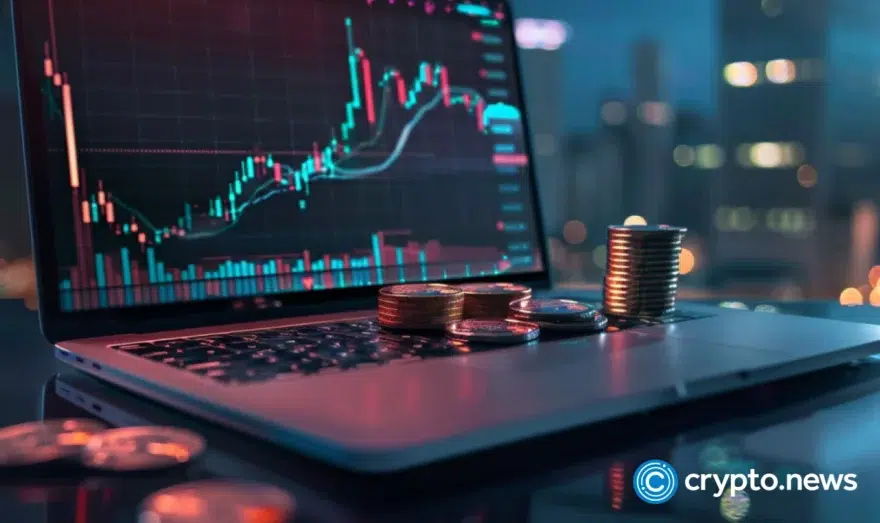Tron’s USDD loses its peg, trades at $0.98

Tron’s algorithmic stablecoin (USDD) has lost its peg amid crypto’s current tribulations due to the FTX collapse.
The USDD is on shaky ground
USDD, a stablecoin built on Tron’s decentralized autonomous organization (DAO), dropped to $0.967 early on Monday, reaching its lowest level since June 22. The fall below the 3% price fluctuation cutoff set by the DAO for price changes can be qualified as a depeg.
Currently, USDD is back to around $0.98.
USDD deviated from a projected 1:1 exchange rate with USD in November 2022 following FTX’s crash, the world’s third-largest cryptocurrency exchange. Other major stablecoins, like tether (USDT), saw some volatility in the aftermath of the FTX disaster but swiftly recovered.
The protracted de-pegging of the USDD is accompanied by a growth in the stablecoin’s dominance rate in the USDD/3CRV liquidity pool based on the decentralized exchange Curve. However, in the pool’s $34.5 million overall liquidity at the time of publication, USDD made up 86% of the total, a rise from 80% on Nov. 10. Due to the significant imbalance, users are substituting USDD more frequently than DAI, USDC, and USDT for the other pool parts.
Tron’s reaction to the fluctuations
Justin Sun has since stressed that the algorithmic stablecoin has a collateral ratio of 200% while announcing on Twitter that he is investing extra money to defend USDD in an effort to calm the market.
Though the project claims to have control over the matter, the on-chain data indicates the opposite, Wu Blockchain elaborates on Twitter.
According to Tron’s website, the network is currently valued at $825 million. However, Wu Blockchain claims that the actual valuation is $578 million, of which $476 million in TRX is in the burning contract and thus illiquid.
The inability of USDD to reclaim its peg has Crypto Twitter wondering if the dollar-pegged currency built after Terra’s now-defunct algorithmic stablecoin, UST, will be the next to fail.
UST plummeted in May, knocking out billions of dollars in investor value. Nevertheless, before the crisis, UST’s market capitalization was $18 billion, which was 18 times greater than the company’s current market worth of less than $1 billion. In other words, the consequences of a prospective USDD collapse may be less severe than those of UST.

















